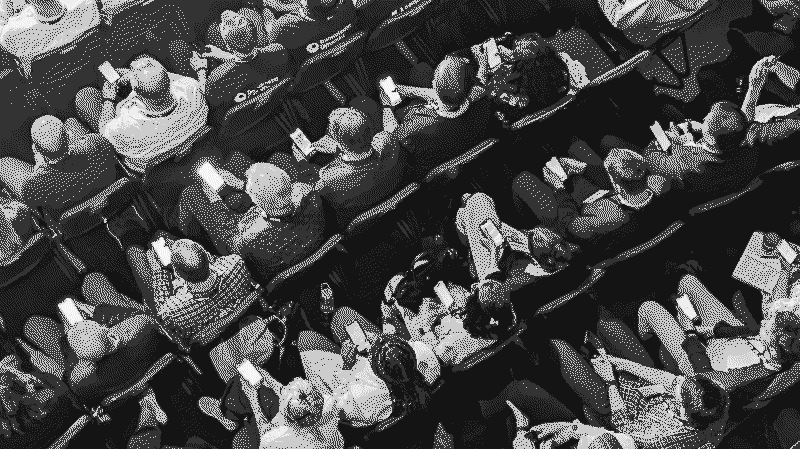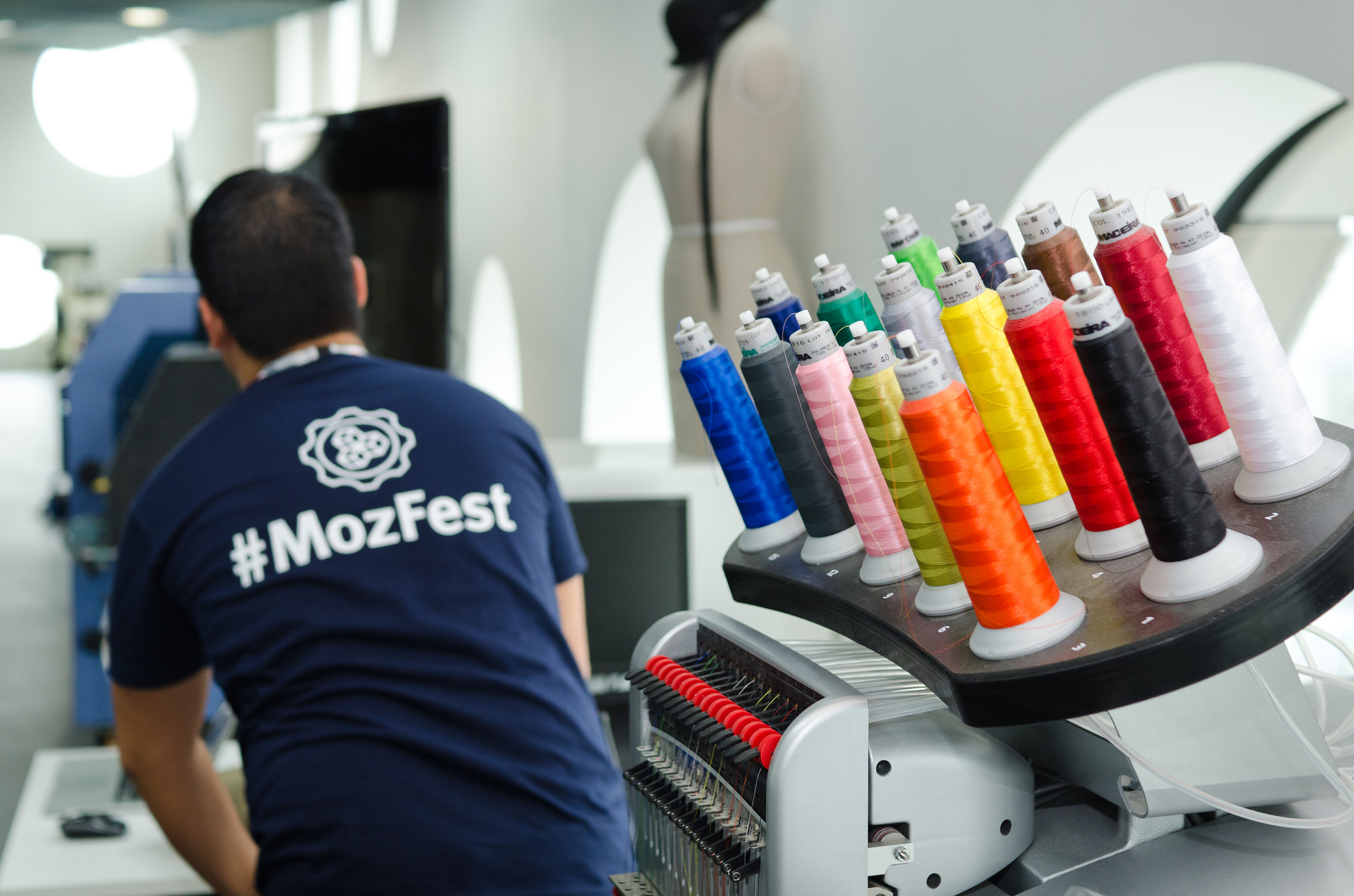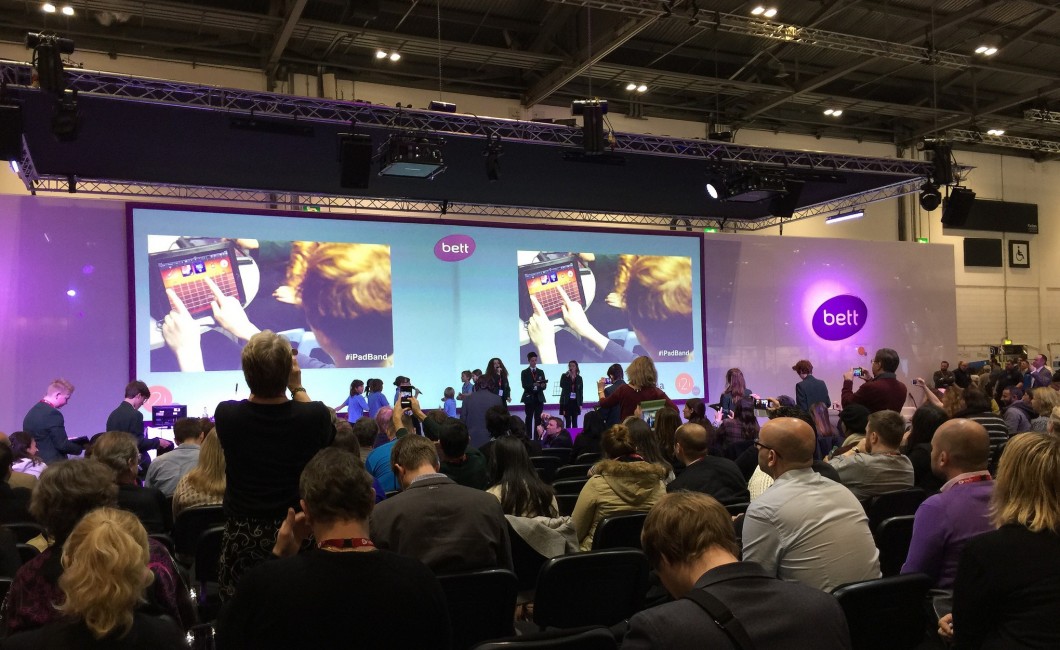10 steps to running an event I’d want to attend

As I sit down to write this I’m aware of two things. The first is that I’m likely to sound like a grumpy old man. The second is that it seems extremely entitled to talk about how to run an event I’d want to attend.
However, this post is the outgrowth of an (online) conversation I had yesterday after an event I’d attended. It was a conference I used to go to every year which, for some reason this year mostly left me cold.
I’m not particularly interested in deconstructing that particular event, especially as everyone else seemed to love it. To be fair it did have some good sessions! Instead, it’s probably more useful to talk about what, after attending hundreds of conferences, makes for a good one.
1. Encourage participation
This has got to be number one. Without the event feeling like a participatory experience, I may as well stay at home and watch the livestream. Not every session needs to be a workshop, but nor should every session merely be someone talking from the stage without even the ability for Q&A.
2. Provide clear scope
I like an eclectic mix of things and to find out about stuff I didn’t even know existed. However, I want to know in advance what’s in and out of scope. In fact, I kind of want to know the principles of the conference organisers and what they’re trying to achieve from the event. Pro tip: sometimes you can work this out by who’s sponsoring it…
3. Ensure a diverse range of speakers/facilitators
Before I was a bit more enlightened, I would have rolled my eyes at diversity quotas. However, I’ve first-hand experience of how important it is to be exposed to as many different worldviews as possible. By diversity I’m talking here about both visible and invisible differences. For example, it’s no good in simply ensuring your speakers have a variety of skin tones if they all went to the same Business School for their MBA. I’m talking gender, neurodiversity, race, and everything inbetween.
Yes, this means less white guys like me on the stage. No, that’s not discrimination.
4. Challenge the audience with different views
Related to the previous point, within the scope of the conference there should be as broad a range of views on topics as possible. Panel sessions can be good for this so long as they don’t turn into speeches. Getting a proper debate going in a panel session takes a skilled chairperson.
In general, and I know this in itself is probably controversial, so long as people aren’t engaging in hate speech, I think it’s absolutely OK for the audience to be deeply challenged by what a speaker has to say. Otherwise, what’s the point of the event? To nod along with stuff that confirms your worldview?
5. Have tracks and/or themes
Depending on the size of the event, there may be conference tracks. This means that participants can choose things of interest to them in parallel sessions. If it’s a smaller, single-track conference, I’d encourage the event organisers to group sessions by theme. This allows participants to skip chunks of the day should they need to for whatever reason.
6. Provide space for chatting
It’s a cliché that the best parts of in-person gatherings are the conversations in hallways and corridors, but that doesn’t make it any the less true. This is a valid reason for skipping out on sessions (see previous point) and providing space for this should be something that responsible and forward-thinking conference organisers should prioritise.
7. Recognise off-stage talent
It may be that every single speaker or facilitator at the conference is a leader in their field and absolutely at the top of their game. However, this is unlikely, and the combined wisdom in the room far exceeds that of whoever happens to be on-stage.
There are many ways to capture this, including having backchannels, extending the session into asynchronous conversations, and providing ways during the session for feedback and pushback.
8. Provide a mix of session formats and lengths
One hour is a sub-optimal amount of time for which to schedule a session. It’s too long, really, for a presentation plus Q&A (45 mins max!) and too short for a workshop. An hour can work for a panel session, but only if the chair is good at keeping things interesting.
Instead, sessions should vary in length in a way that’s appropriate to their format. Having an unconference element to proceedings, even if a semi-official fringe event can add a lot of value for certain types of participants (including me!)
9. Get the food right
It’s absolutely crucial to ensure that the food you provide is portable and meets everyone’s dietary needs. Yesterday’s event actually nailed this through five different coloured bags: two were meat, two were vegetarian, one was vegan. They were in compostable packaging and portable enough to be eaten anywhere.
10. Build a community
If, as is likely, the conference is one in a series of events, then the aim should be to build a community around it. This doesn’t have to be a one where there’s continual interaction all year, but there should be some recognition that there are participants coming back every year.
Their expertise can be used to welcome newbies, establish positive norms, and celebrate the growth of the community or sector. In all of the events I’ve been to, there are only a few I’ve seen do this at all, let alone well.
So there we go. I’m sure I could add more if I spent longer thinking about it, but these are the 10 that spring to mind in the time I’ve set aside to write this post. What’s missing from your point of view? Feel free to add a comment below!
Update: some additional things I missed that others have picked up on…
Good post. Quick notes from the perspective of a speaker working against the grain of the mainstream:
– Point in #2 about sponsors is key.
– I’d add: pay your speakers (this will also help with the diversity bit)
– On debates: I’d add from personal experience that I have zero desire to be the token dissenting voice at a conference. e.g., If your event is 29 people from Silicon Valley people farmers, don’t invite me “for balance.” That’s not balance; it’s the illusion of balance.
Aral Balkan
Now that we know how, make all conferences hybrid in one form or another, and choose the location with good transport links in mind. Flying long distance to a conference is immoral anyway, but travel costs, disability, passport inequality, caring duties, and any number of other factors prevent really good people from participating in traditional conferences.
Two versions of this that I have participated in, both of which worked well, were:
Will Tuladhar-Douglas
a) Local nodes videolinked into the big gathering (this allows for locally negotiated childcare, disabled access, preconference planning, etc.)
b) Fully hybrid, with careful account taken of time zones, local languages, etc.
I’d put more detail into the diversity stuff you’ve already mentioned, including “have a code of conduct” and “make clear how accessible your event is to different demographics”. I wrote about this stuff at https://blog.mattcen.com/2018/01/26/diverse_events/
Matt Cengia
I think this is a great list. AND (ahem) on point 10 (community) I have some thoughts. Sometimes an event is just great on its own even if it doesn’t generate or foster a community. Sometimes that’s because those communities already exist and people don’t have time in their lives for another community. I’ve seen it work both ways. When a community builds from or is fostered by a event or can be great. But it’s also ok if it just exists at that point in time I think.
Daniel Appelquist
That’s a good list, with some good additions too! I like to think Penguicon hits a number of those. I hope those calling for hybrid events understand the competing interests of cost and privacy. Also, as a non-profit event we get pros who are willing to share with the local community but don’t want to be broadcast to the internet.
Of course, lots of issues are solved with more money.
Skennedy
also see with @ada had to say about making sure events are inclusive: https://ada.is/blog/2018/04/16/help-someone-has-pointed-out-my-conference-has-diversity-issues/
Daniel Appelquist
It’s a good list, Doug, in theory. But there are big unsuspecting traps here that will not only reduce true accessibility for ND’s (neurodivergents -ADHD/autistic/trauma/etc). NT’s (neurotypicals) ideas of participation are often poorly-thought out things that serve to exclude ND. Similarly, often “community building” does the same. In my exp, the prob is worse w/ NT’s who believe themselves paragons of “open” and “critical” based on race or gender.
Jim Luke
Point in #1, encourage but don’t pressure or force people into participating
Tribbick
great post! I did think it interesting the suggestions are based on conferences. while a conference may have been the inspiration for the list, there are other types of events.
Expanding on themes, the way you design an event contains multiple opportunities to explore a theme. Make it fun/interesting – work it into your physical space and website.
Andrew Woods
creating smaller events around a larger one help foster community. For a conference, this could be a kickoff meetup


